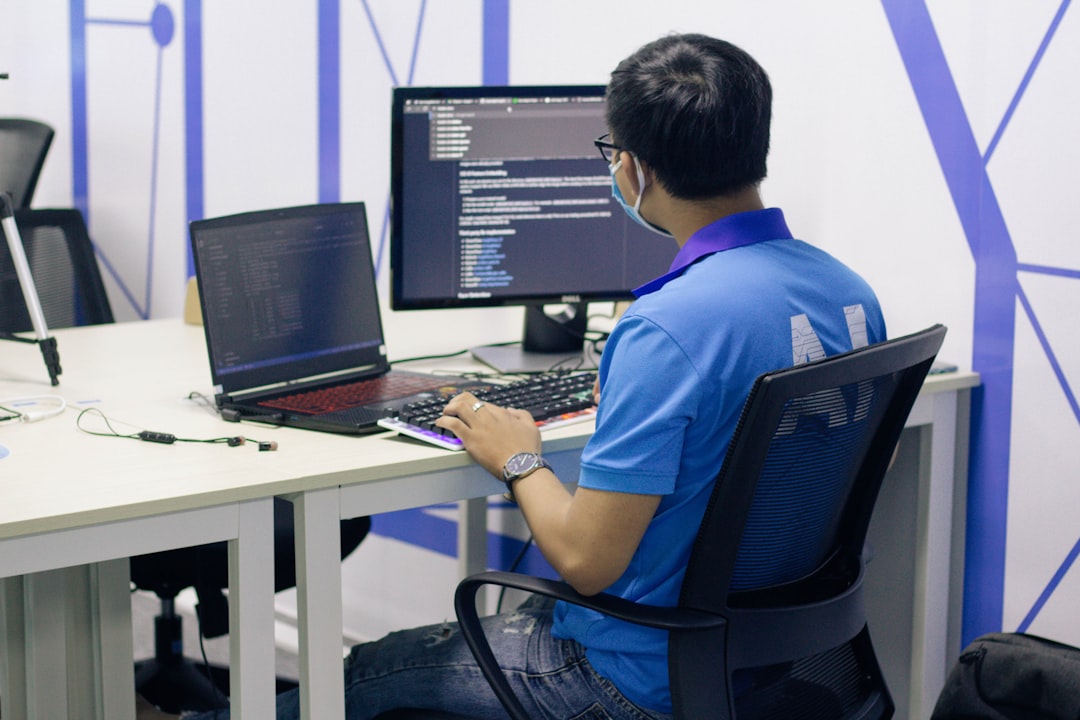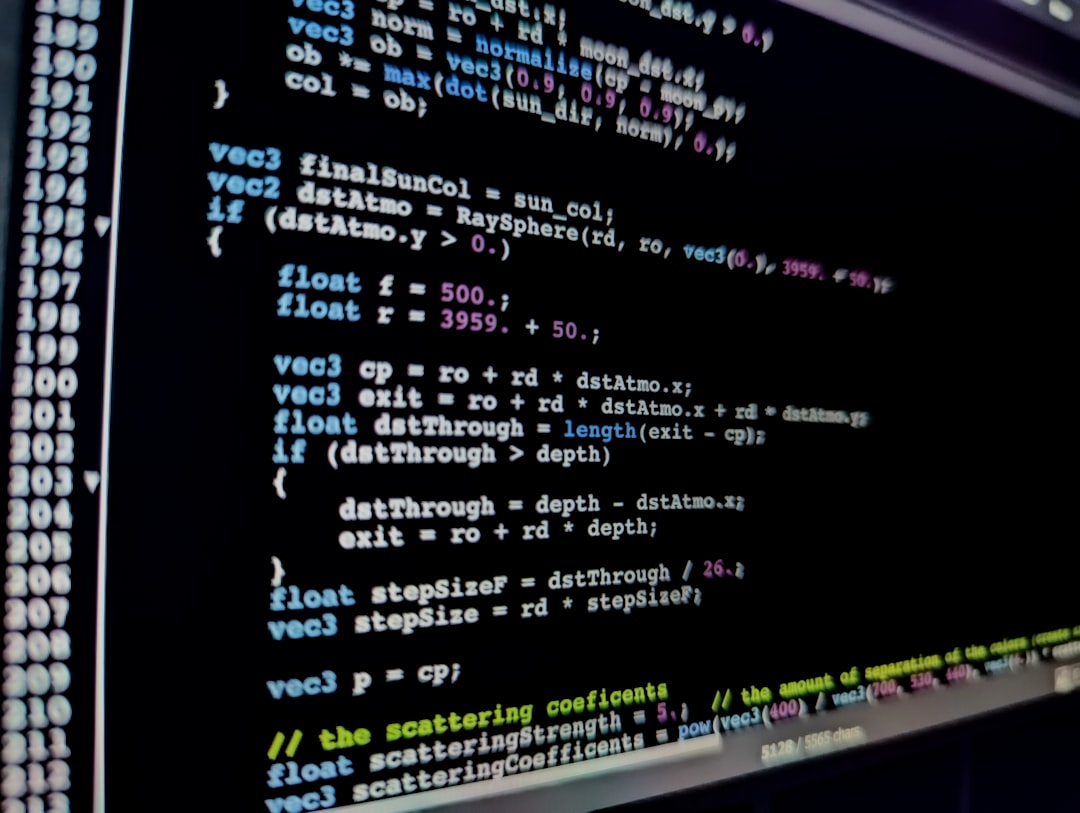Artificial Intelligence (AI) has significantly reshaped the software development landscape in recent years. One of its most transformative applications lies in its ability to assist developers in writing, optimizing, and especially debugging code. As software systems grow more complex and algorithms become increasingly intricate, the question of whether AI coding tools can effectively aid in the debugging process becomes ever more pertinent. The answer, grounded in both current capabilities and future potential, is a resounding yes — with certain important caveats.
Understanding the Role of AI in Debugging
When developers debug complex algorithms, they often grapple with multiple modules, interacting components, and dependencies that aren’t immediately obvious. Traditional debugging relies on manual processes, including breakpoints, logging, and iterative testing. While these techniques are effective, they are time-consuming and prone to human oversight.
AI-powered coding assistants, such as GitHub Copilot, OpenAI Codex, or tools integrated into IDEs like Visual Studio Code, utilize machine learning models trained on large codebases. These models help identify patterns and anomalies that may indicate bugs. Moreover, modern AI tools do not just highlight that a bug exists; they can often diagnose the root cause and even suggest corrective code snippets.

Core Benefits of AI in Debugging Algorithms
AI’s involvement brings numerous advantages to the debugging process:
- Automated Error Detection: AI systems can scan code in real-time and flag common logical and syntactic issues as they emerge.
- Context-Aware Suggestions: Unlike linters, which are static, AI tools take into account the logic and purpose of surrounding code to make more relevant suggestions.
- Predictive Analysis: By analyzing execution paths and historical data, AI can predict where problems are most likely to occur.
- Time Efficiency: Automating parts of the debugging process allows developers to focus on higher-level problem solving and design considerations.
These features are especially helpful when dealing with complex algorithms such as recursive functions, asynchronous workflows, or machine learning models where errors are not always straightforward.
Limitations and Challenges
However, AI-assisted debugging is not without its limitations. One of the primary concerns is that AI tools rely heavily on the data they are trained on. If the training data lacks context on niche programming practices or unconventional algorithmic structures, the AI might misinterpret the intent or fail to provide useful insights.
- Limited Understanding of Intent: AI lacks a true understanding of the developer’s goals and may propose technically correct solutions that diverge from the intended algorithmic logic.
- False Positives & Negatives: These tools can sometimes flag non-issues or miss nuanced bugs only discernible through explicit domain knowledge.
- Over-reliance Risk: Developers might become overly dependent on AI suggestions, posing a risk to foundational debugging skills and deep code comprehension.

Real-World Use Cases
Major tech companies and startups alike are now integrating AI into their software development workflows. For instance, a tech firm refining an algorithm for financial fraud detection leveraged AI tools to uncover a concurrency bug that had gone unnoticed during manual testing. In another example, a healthcare platform used AI-driven suggestions to correct a data processing algorithm that produced subtle inaccuracies under certain input loads—errors that conventional testing hadn’t revealed.
The ability of AI to operate across large codebases and identify non-obvious error patterns makes it particularly well-suited for these scenarios. Debugging often requires developers to maintain multiple threads of logic simultaneously, and AI tools can effectively lighten this cognitive load.
The Future Outlook
With the ongoing advancement in generative AI and natural language understanding, coding assistants are likely to become increasingly adept at comprehending the intent behind complex algorithms. Integration with real-time performance profiling tools and test frameworks could allow AI not just to spot bugs, but also to help prevent them during the design phase.
Furthermore, emerging technologies such as explainable AI (XAI) aim to make AI’s reasoning processes more transparent, which could significantly enhance trust in its debugging suggestions. As these tools continue to improve, their collaboration with developers will evolve from a supplemental role to a more synergistic one.
Conclusion
In conclusion, AI coding tools offer valuable assistance in debugging complex algorithms by enhancing efficiency, improving accuracy, and providing insightful recommendations. However, their success depends on informed usage by developers who understand both the strengths and the current limitations of AI. Used judiciously, these tools promise to transform debugging from a daunting task into a more streamlined and approachable process.
